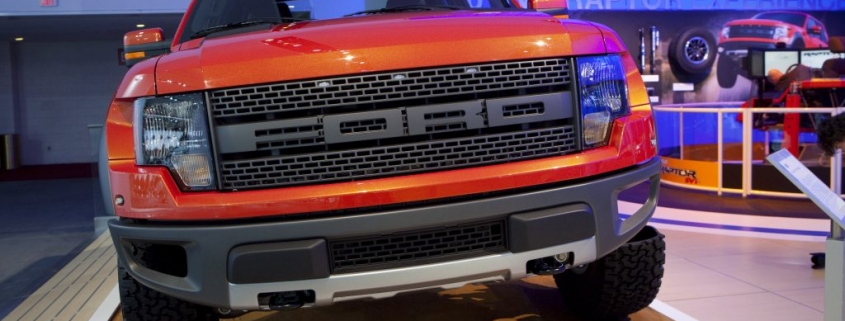Buyer’s Guide: Ford F-150 Raptor 2010-2014
The Ford F-150 Raptor does a lot of things well, including big ol’ yumps. More or less, the Raptor is about as “truck” as trucks get, especially the first generation. Big motor, lots of suspension travel, a big bed, and a nice wide stance. However, there’s some ups and downs to the first generation of Ford’s most popular performance truck. Car buying can be an arduous task, and this guide will help you sort out what’s what in Raptorland.
Ford F-150 Raptor known issues and reliability
Because of the F-150’s stellar reliability, there isn’t much to talk about here. Honestly, there’s very few issues to note. It’s a unit of a truck, and as such consumables are going to be consumed at a more rapid rate, especially if you’re using yours as intended (see: big ol’ jumps). They’ll also cost more due to that huge 6.2L V8 powerplant and the brakes needed to stop it. That said, expect your Ford F-150 Raptor to be pretty bulletproof.
Frankly, the past life of your prospective Ford F-150 Raptor should be your biggest concern. Some owners absolutely abused these things, and some will show it. The Raptor can do jumps, but many overestimate the truck’s capabilities and have hurt the frame or the suspension in pursuit of big air. Make sure the shocks aren’t leaking and the frame is solid before buying to be sure your candidate hasn’t been abused too much. You’ll also want to keep an eye out for the fuse tied to the fuel pump, as they’ve a tendency to get a little warm to say the least.
Raptor options and pricing

The Raptor’s livability is frankly one of its best perks. As such, you’ll be wanting one that’s highly optioned. If you happen to be a fan of the orange model shown in this article, it’ll be a little harder to find, as the color was dropped at the end of 2010. Additionally, only the extended cab was offered for that year, so if you want four doors, aim for 2011 and up. Another note about 2010 Ford F-150 Raptors: The first year saw a smaller 5.4L V8, which was down about 100 hp on the larger 6.2L V8. A 6.2L Raptor will command a premium for obvious reasons.
About those comfort options we mentioned earlier. Ford had a Luxury Package available, which came with cooled seats, more leather, etcetera. Frankly, it’s a must, as the interior is already somewhat dated. That package also adds Ford’s Sync infotainment. It is a little laggy by today’s standards, but it sure beats the hell out of the lower trim radio. Either get the Sync-equipped models or go for an aftermarket head unit. Trust me, you do not want that old Ford radio.
Big yumps cost big money

As I said earlier, the Ford F-150 Raptor is about as “truck” as trucks get. However, all that truckiness comes at a price. Expect models with north of 100,000 miles to go for around $20,000 with that lower-spec 5.4L motor. Prices go up from there. A clean one with low miles and excellent history can be found for around $45,000. You should expect to find a deal somewhere in between. Raptors are well worth the money, so just be prepared for the upfront cost but a whole lot of fun for your dollars.
RELATED: Buyer’s Guide: 2000-2006 Toyota Tundra
The post Buyer’s Guide: Ford F-150 Raptor 2010-2014 appeared first on MotorBiscuit.







